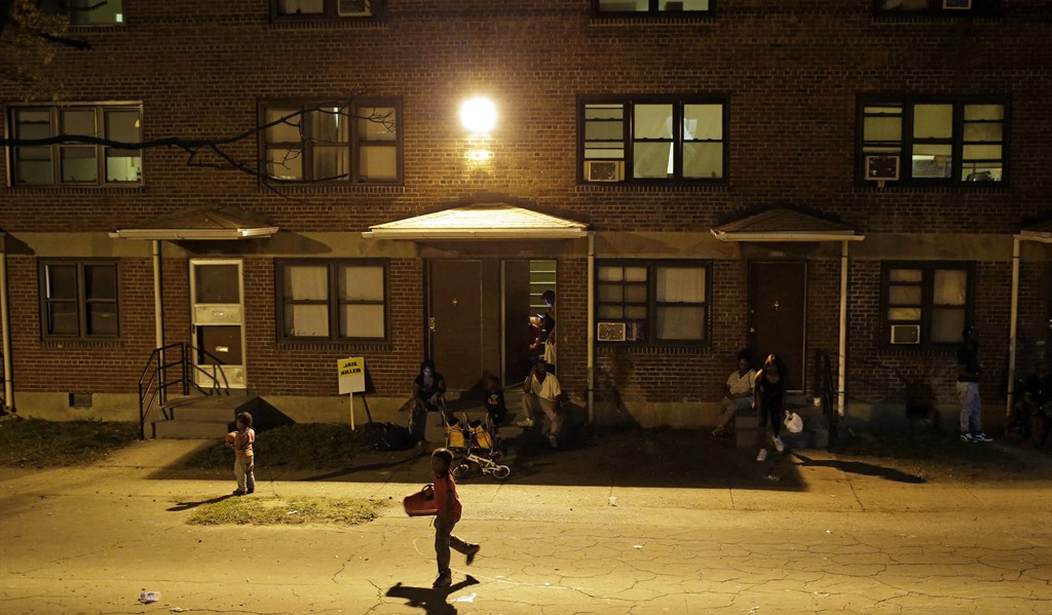Americans deserve a social safety net that temporarily provides them with assistance when they fall on hard times. Yet, when you remove accountability measures, like asset tests, then we shouldn’t be shocked that a government audit finds tens of thousands of ineligible people living in public housing (via the Hill):
More than 25,000 families received government assistance despite exceeding income thresholds, according to a sweeping audit of the Department of Housing and Urban Development’s (HUD) public housing program.Of the 25,226 families, 68 percent, or 17,761, receiving public housing assistance had earned more than the qualifying amount for more than a year.
Of that number, 13,388 (53 percent) had income that was up to $10,000 greater than HUD’s 2014 income limits, and 11,838 (47 percent) had income that was more than $10,000 greater than the income limits.
The review found that HUD will pay $104.4 million over the next year for public housing units occupied by over-income families that otherwise could have been used to house low-income families, leaving many who need help stuck on waiting lists.
For example, the New York City Housing Authority said a family in the program since 1988 had exceeded income levels since at least 2009.
As of November 2013, the four-person household’s annual income was $497,911, while the low-income threshold was $67,100.
As of July 2014, the family paid an income-based ceiling rent of $1,574 a month.
The housing authority did not evict this family from its four-bedroom unit "because its policy does not require it to evict over-income families because HUD regulations don’t require it," the report said.
Recommended
The removal of such accountability mechanisms has allowed another government program–food stamps–to explode over the past ten years. In this case, the removal of work requirements led to SNAP [Supplemental Nutrition Assistance Program] going from 17 million recipients around the year 2000 to 48 million today. The removal of asset tests also contributed to this surge. And, yes, fraud has been reported across the country.
























Join the conversation as a VIP Member